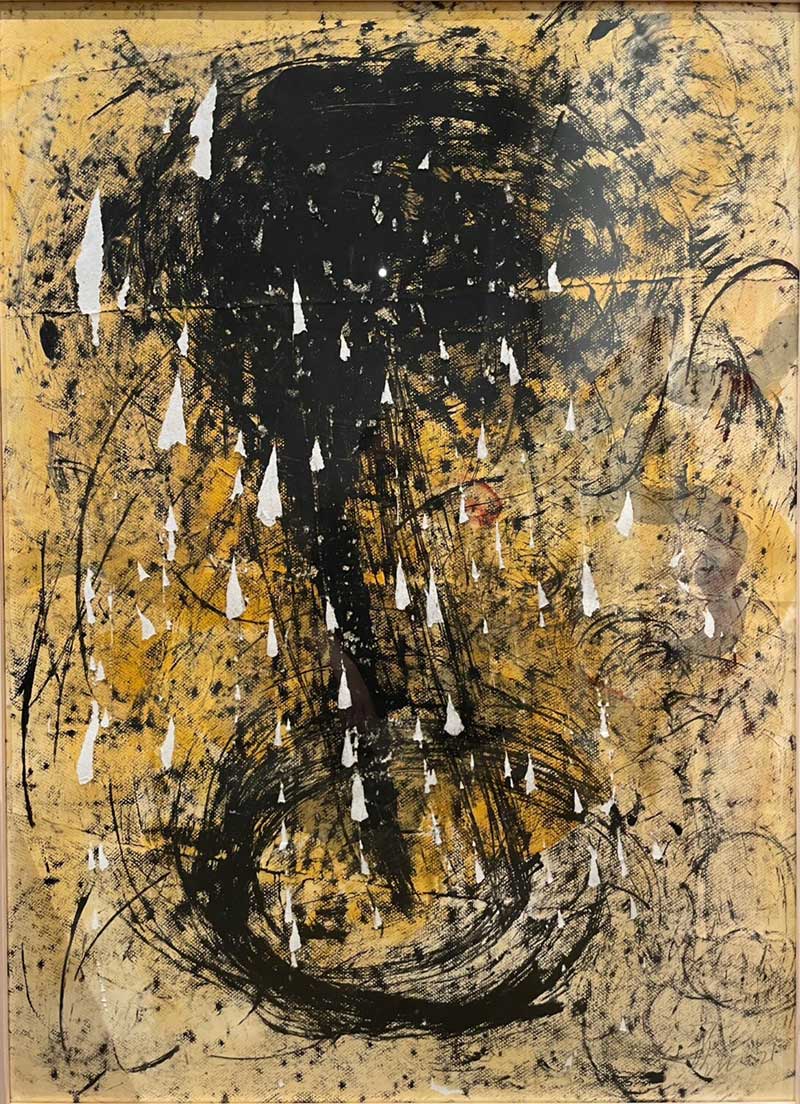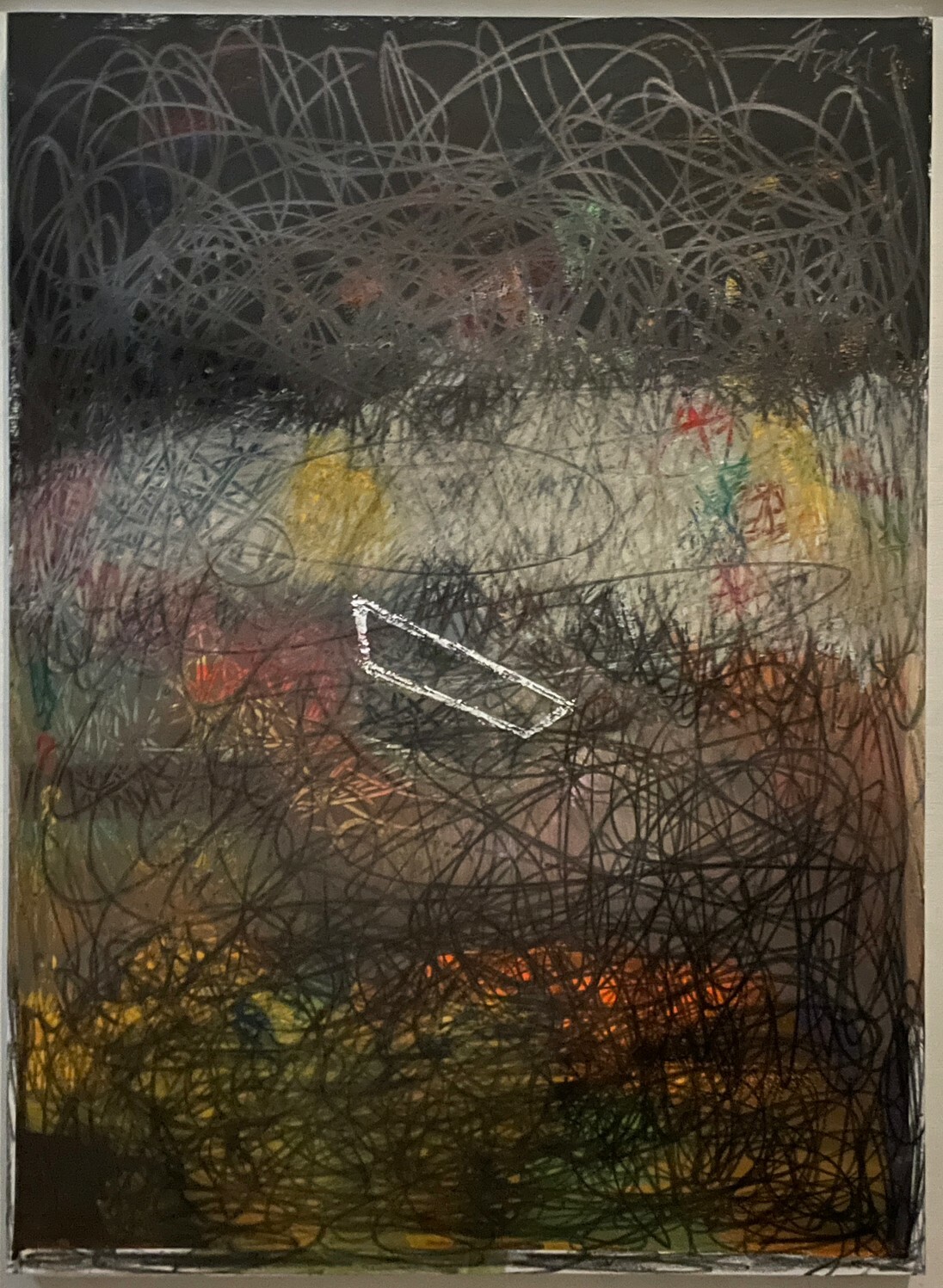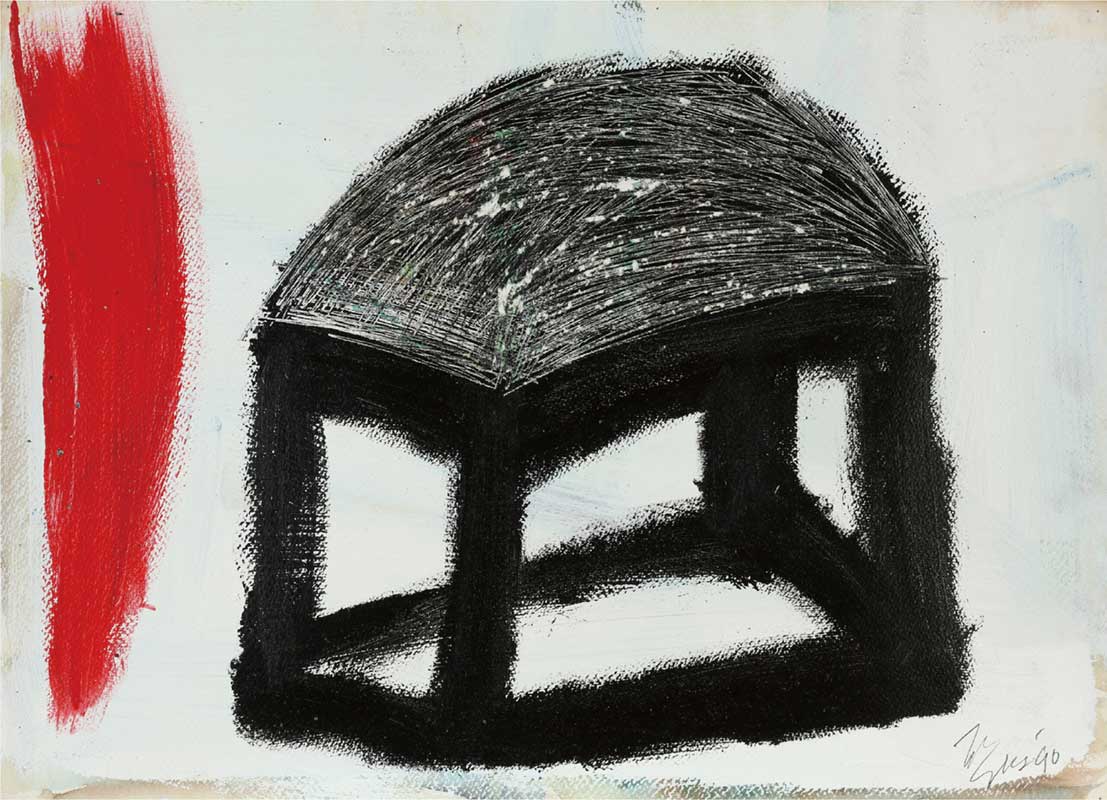Chi-Man LAI
Chi-Man LAI is a key sculptor in Mainland China, Taiwan and Hong Kong and has worldwide recognition. After graduating from the National Taiwan Academy of Arts, LAI moved to Henraux Studio in Italy and worked with Henry Moore, Isamu Noguchi, and Pietro Casella. In 1984, he was invited by Taipei University of the Arts, where he taught in the Fine Arts Department for more than 30 years. Having experienced life in Hong Kong, Italy, the US, the Netherlands, and Taiwan, LAI returned to oriental culture to look for identity. As one of the very rare sculptors who still works on stone sculptures in the Chinese art world, LAI believes in nature and he creates artworks using natural materials. While comprehending the differences between China and Western civilization, he neutralized the conflict between Chinese traditional aesthetics and modern abstract concepts by breaking the dichotomy fallacy between realism and abstractionism, experiment and tradition. He uses the principles of Chinese lexicography, such as "pictograph" and "compound ideograph" of the six categories as the concept and extends to the philosophy of life, view of nature and their relationship in society nowadays. LAI expresses his feelings and thoughts through lines and shapes in sculpture and on paper, giving people endless imagination.
In 1989, he presided over Taiwan's first international sculpture workshop in Tainan City, during which he promoted public art legislation in Taiwan. He had important exhibitions in many countries and regions including the Netherlands, Japan, Singapore, Taiwan and Hong Kong. LAI participated in different public art creations, artworks are exhibited in different public areas in China, Taiwan, and Hong Kong including schools, courts, and outdoor areas of museums. LAI is warmly welcomed and recognized by the international art field and he was the first contracted artist of Taiwan Eslite Gallery. His artworks were collected by a series of important art institutions such as the Dutch National BKR visual arts organizations, the University of Wyoming Art Museum, the Taipei Fine Arts Museum and the Japan Hara Museum.



